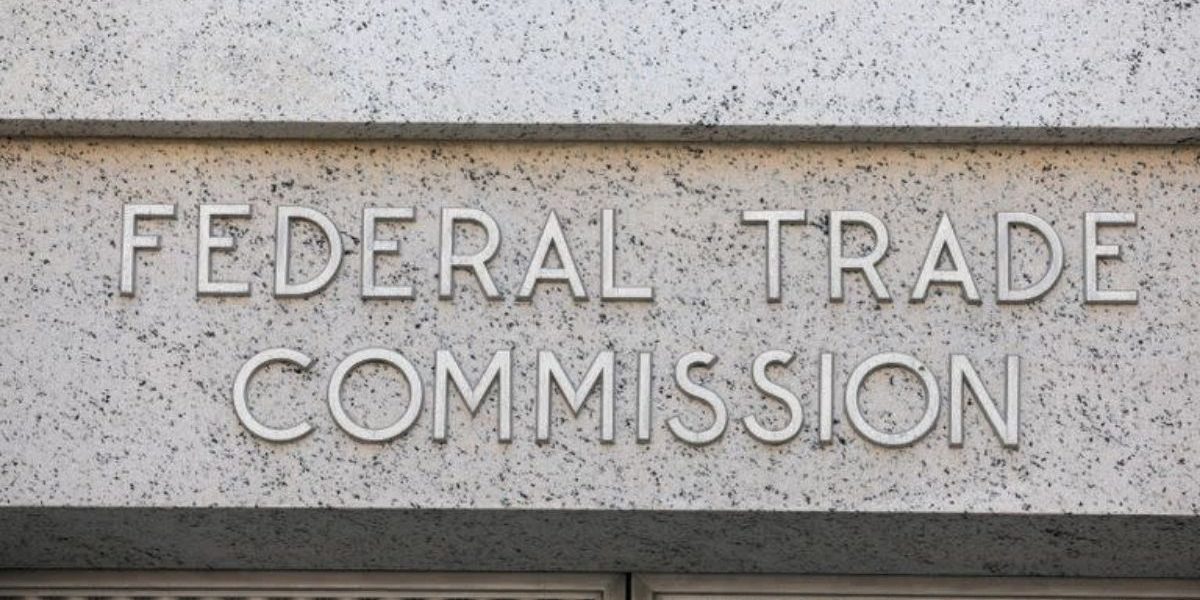U.S. High Court checks FTC’s ability to recover not well gotten gains

The U.S. High Court on Thursday made it more hard for the Federal Trade Commission to constrain trick specialists and organizations that participate in beguiling strategic policies to return not well gotten gains acquired from buyers, deciding for a criminally sentenced payday bank who tested the office.
The 9-0 decision, wrote by liberal Justice Stephen Breyer, gave a triumph to financial specialist and racecar driver Scott Tucker, who is carrying out a jail punishment in the wake of being indicted in 2017 on racketeering, wire extortion and illegal tax avoidance charges – a similar direct at issue in the Supreme Court case.
The judges tracked down that the office violated its clout in its act of looking for court requests to make fraudsters return cash inappropriately acquired from shoppers as compensation or ejection.
As far as possible the office’s power to look for compensation under one segment of a U.S. law called the Federal Trade Commission Act that allows it to sue crooks and approves judges to give lasting directives. The judges decided that judges don’t have the authority under that arrangement to arrange respondents to return cash to shoppers.
The choice methods the FTC should utilize other lengthier and more confounded legitimate roads to acquire compensation for customers or request that Congress change the law.
Breyer wrote in the decision that if the office accepts these different cycles are “excessively bulky or in any case deficient, it is, obviously, allowed to request that Congress award it further healing power.”
The strategic approaches of Tucker and his organization, AMG Capital Management, focusing on low-pay borrowers prompted the biggest court-requested settlement in the FTC’s set of experiences, adding up to $1.27 billion. Exhaust and his organization claimed a decision by the San Francisco-based ninth U.S. Circuit Court of Appeals that embraced the organization’s position to recover the cash.
Payday advances include the loaning of a generally modest quantities of cash at high financing costs, here and there to be reimbursed when the borrower gets their next check. Payday credits have been connected to expansions in defaults and individual insolvencies.
Exhaust in 2018 was condemned to 16 years and eight months in jail in the wake of being seen as blameworthy of disregarding government loaning and racketeering laws.



